-
Turning Interviews into Podcasts: Making Oral Histories Accessible to a Wider Audience
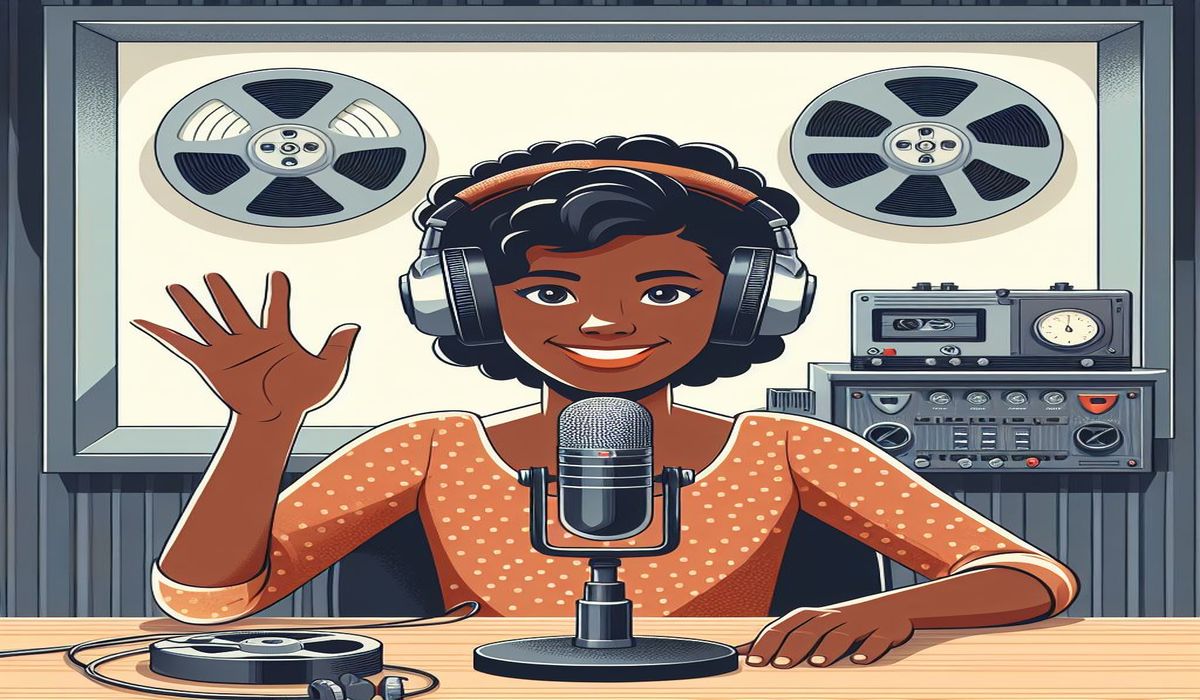
Imagine history class, but way cooler! No textbooks filled with snoozy dates. Instead, you get to listen to real people dish on what life was actually like back then. That’s the magic of oral histories. The problem? These juicy stories are often stashed away in dusty libraries, gathering cobwebs. But hey, it’s the podcast era,…
-
A Step-by-Step Guide to Publishing Oral History Interviews Online

In the age of digital connectivity, sharing oral history interviews has become more accessible than ever before. By publishing your interviews online, you can transform these precious resources into a global repository of knowledge, enriching the historical landscape and preserving the voices of those who have shaped our world. This guide will delve into the…
-
The Art of Snowball Sampling in Oral History Research
As a researcher, identifying participants who can shed light on the historical events or periods under investigation is paramount for researchers engaging in oral history research. While traditional methods, such as random sampling or relying on archived records, may yield some valuable insights, they often fail to capture the rich diversity of experiences and perspectives…
-
Tips On How to Use Social Media to Conduct Oral History Interviews

Social media can be a powerful tool for conducting oral history interviews. It can help you to connect with potential interviewees, recruit participants for your project, and gather data in a variety of ways. Here are some tips on how to use social media to conduct oral history interviews: Choose the Right Platform The right…
-
How to Digitally Archive Your Oral History Interviews.
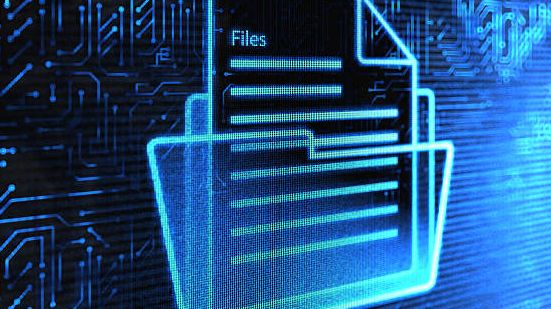
If you have conducted oral history interviews, you may be wondering how best to archive them digitally. There are a number of different digital archives where you can store your oral history interviews. Some of these archives are specialized for oral history, while others are more general-purpose. When choosing a digital archive, it is important…
-
Drawbacks of video conferencing for oral history interviews and solutions

Video conferencing for oral historians is a great way to conduct interviews with people who have lived through important events or periods of history. It allows you to connect with them from anywhere in the world, without having to travel or worry about the quality of the audio recording. You can also see their facial…
-
How to Transfer Audio from Zoom H1n to Computer
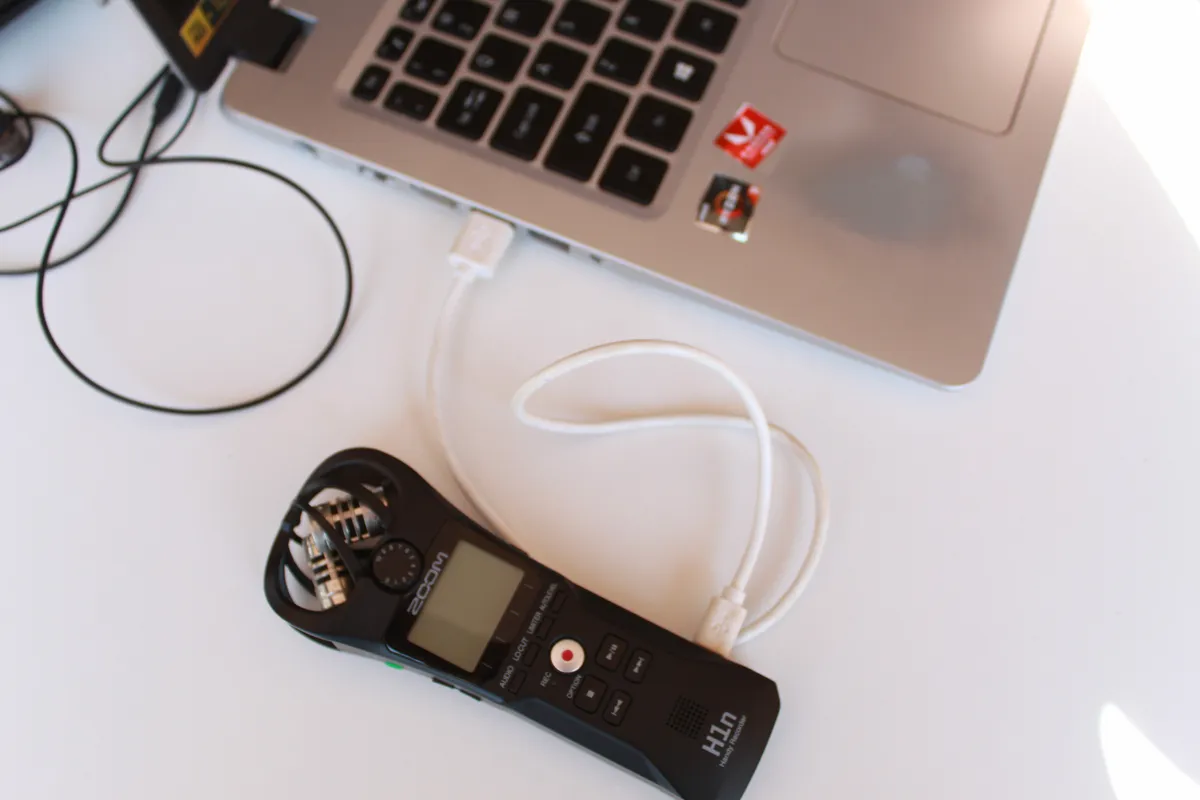
In this post, I show you how you can transfer your audio files from the Zoom H1n to your computer. This is the final post in this series on how to your use Zoom H1n to record your oral history interviews. The first post in this series was a how to guide on how to…
-
How to set the right microphone sensitivity on the Zoom H1n
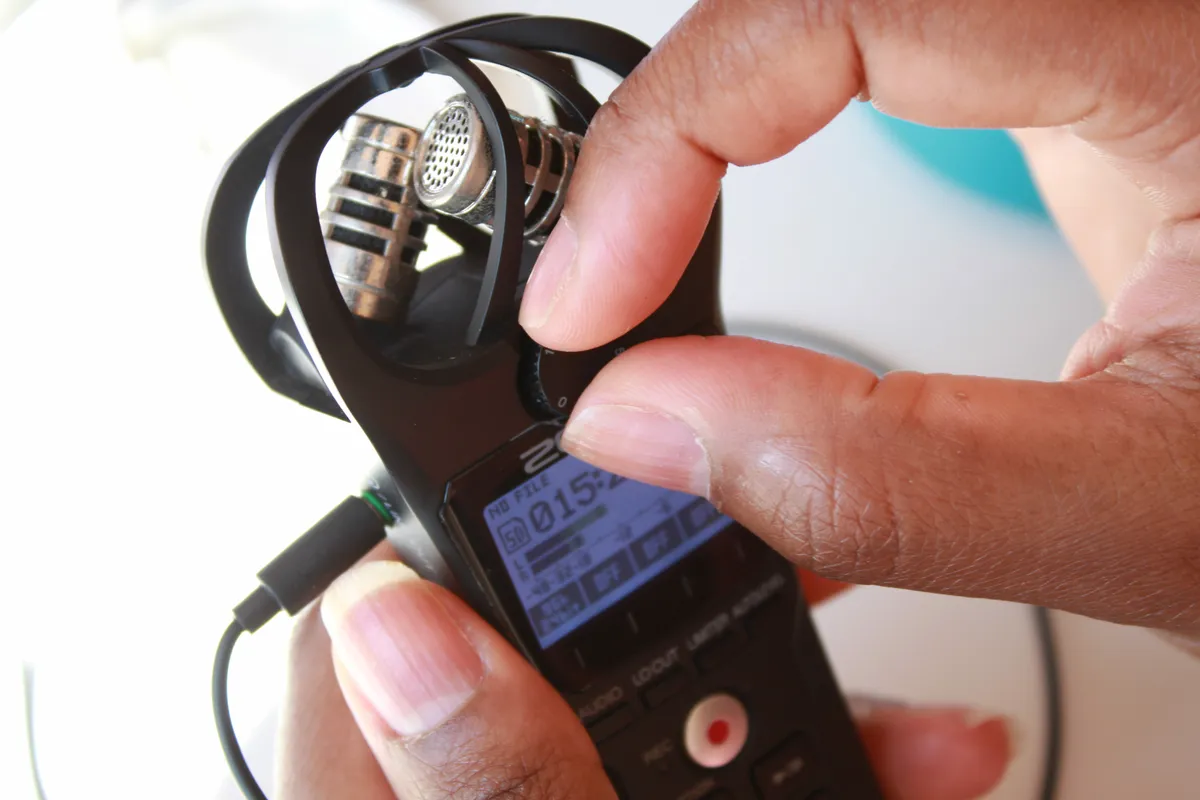
In this post, I am going to show you how to set right the microphone sensitivity on the Zoom H1n for your oral history interviews. This is the third post in this tutorial series on how to use your Zoom H1n to record your oral history interviews. The first post in this series was a…
-
How to Set Recording Format on the Zoom H1n for Oral History Recordings
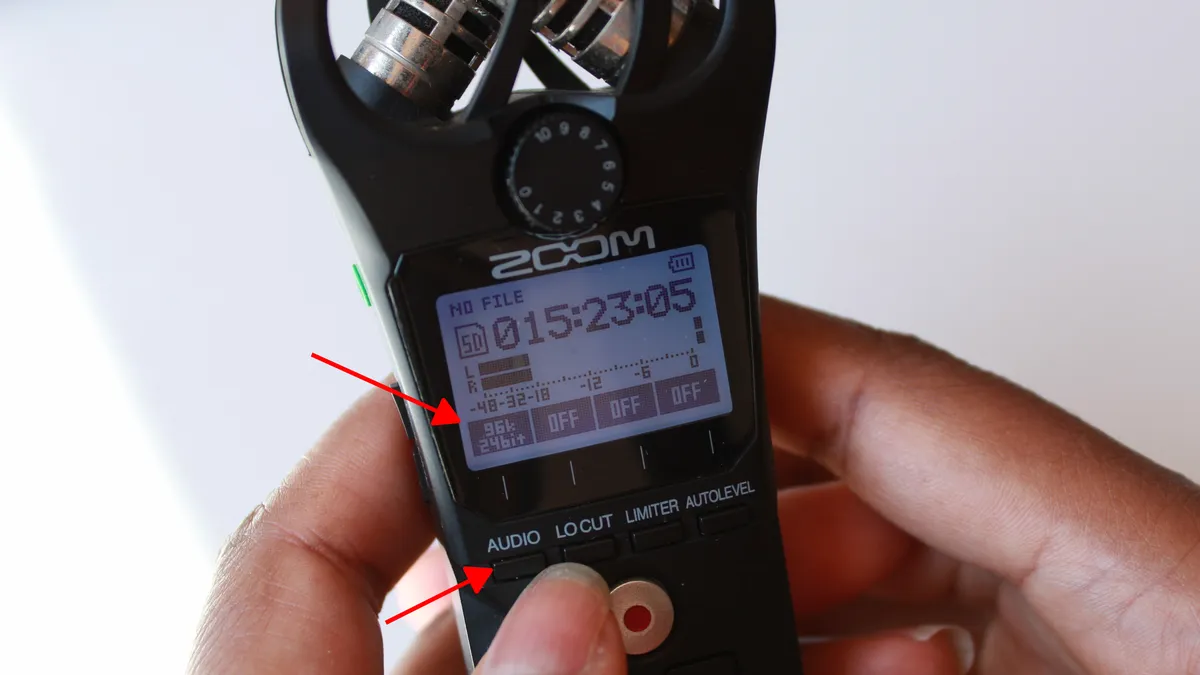
In this post, I will guide you on how to set the recording format on the Zoom H1n. This is the second post in this tutorial series on how to use your Zoom H1n to record your oral history interviews. The first post in this series was a how to guide on how to format…
-
How to Format microSD card using Zoom H1n
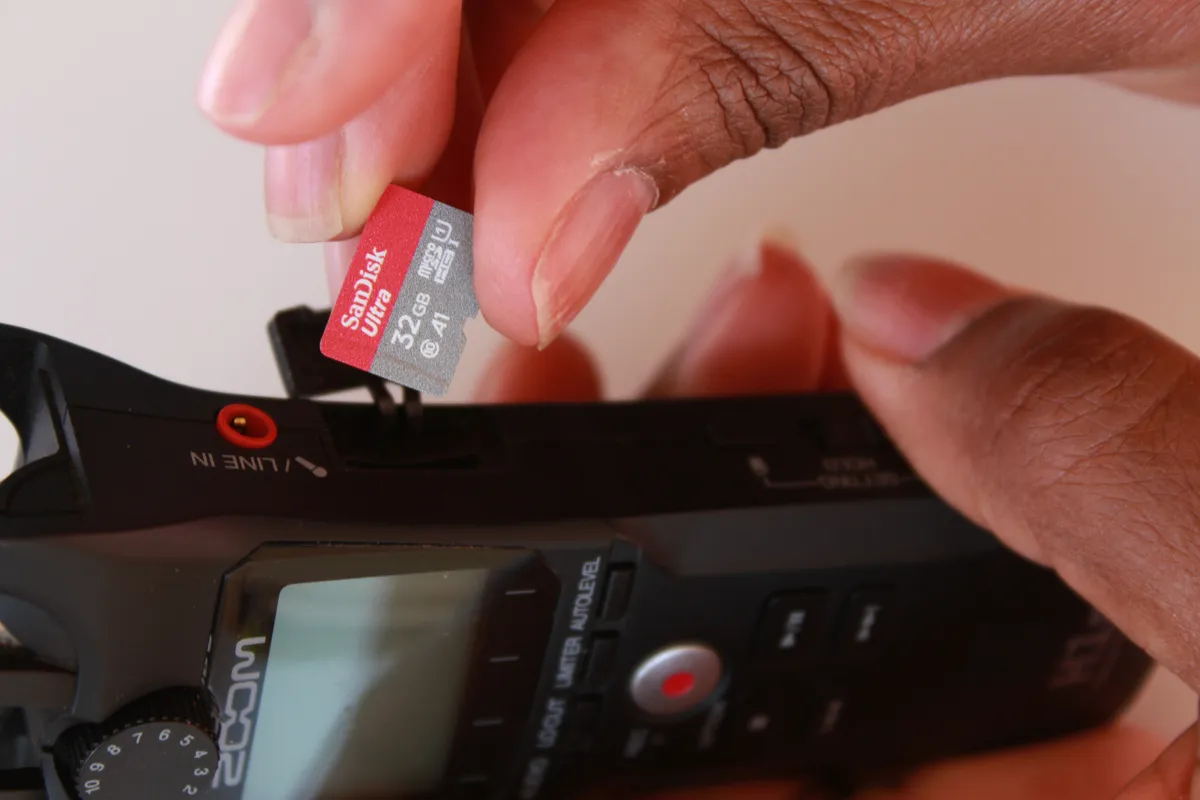
In this blog post I am going to share with you a step by step guide on how to format a microSD card using the Zoom H1n. Why? Well, I recently had a chat with an oral historian that is looking to conduct oral history interviews. They got the Zoom H1n audio recorder a few…